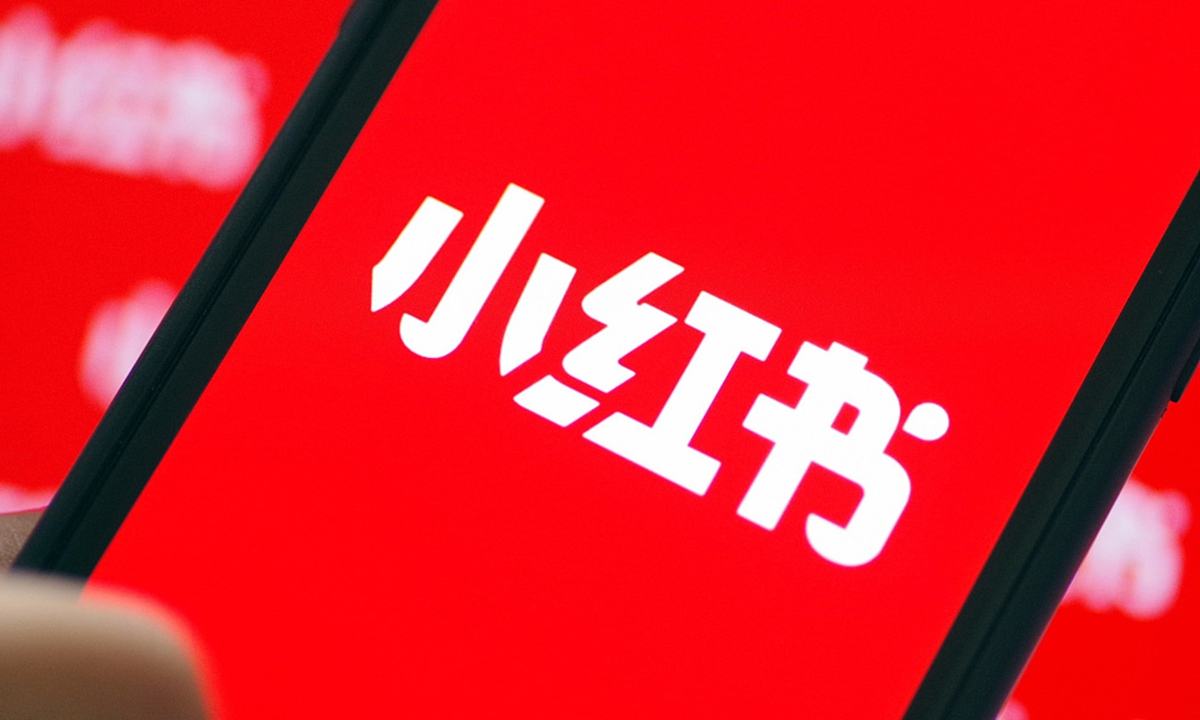China's Instagram-like platform Xiaohongshu apologizes for 'over-filtering' travel photos

Xiaohongshu Photo: CFP
Popular Chinese Instagram-like fashion and lifestyle sharing platform Xiaohongshu, also called Little Red Book, issued an apology to its users on Sunday for "over-filtering" scenery pictures. Insiders say that "just like the traditional advertising, proper regulations are needed" in an era of user-based media.
Xiaohongshu's apology note came after growing numbers of users started to complain on social media platforms for being deceived by over-decorated scenic spot photo posts by influencers on Xiaohongshu because "the places in the pictures do not look like they really are."
In response to the increasing number of complaints from users, the platform gave its own explanation on its WeChat account, saying it is "sorry for disappointing users."
The platform noted that those images are in fact "just collections of travel photos" instead of professional "travel guides," indicating that the reason why most users who complained felt they were deceived is that they followed those "collections of travel photos as guides for scenic spots."
"After the users visited the scenic spots, there was a big gap which made them believe they were being deceived," said Xiaohongshu.
Based on a fresh July data from Leadleo Research, a Chinese analysis center, around 90 percent of Xioahongshu users search for makeup products or tutorials, followed by travel and food content. The platform has been showing a tendency to shift from makeup content to travel sharing.
Insiders told the Global Times that some of those who post their photos "know exactly that today people like to take pictures, especially young users, and are able to take attractive images in ordinary places through superb shooting skills to attract more followers."
"They share the location of the spots where they take the pictures with their followers. However, their followers will grow disappointed when they get there after they found out the reality is completely different," one netizen posted.
A user surnamed Cui who filed a complaint shared her experience in a small coffee shop in Beijing. In the photo Cui spotted on Xiaohongshu, the especially made white sign of the coffee shop shines among all the stores, being a "perfect photo background."
Yet when Cui took the subway for nearly an hour to see the spot she liked, she only fount "nothing more than a shop of about 10 square meters."
Insiders say the difference between a doctored photograph and reality is not new, just like all the advertisements on television are not real. Just like the traditional ads, the owners of the posts could be held accountable and punished for false advertisement on social media platforms.
Yet, in an era of user-based media, this kind of pictures posted online cannot be counted as a false advertisement as they were never used as a commercial campaign, Gu Huimin, Dean of the School of Tourism Management at the Beijing International Studies University, told the Beijing Business Today on Monday.
Gu noted that the platform itself must solve the similar problems in the future before the phenomenon gets more common.
